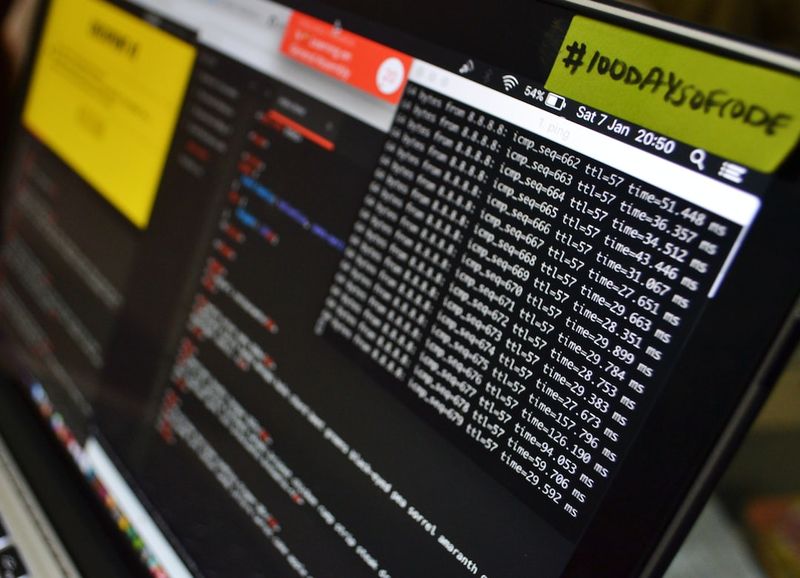Massachusetts Health Insurer Hit by Ransomware Attack
The second-largest health insurer in Massachusetts, Point32Health, recently reported that an April 17th ransomware attack on its Harvard Pilgrim Health Care program may have compromised sensitive personal data and medical history of its current and former members. The data of thousands of members, including their contact information, Social Security numbers, and provider names, may have been compromised. The company is working with third-party cybersecurity experts to conduct a thorough investigation and strengthen its security. While some company functions remain down, the insurer has ensured that its members still have access to care.
The Increasing Threat to Healthcare
Point32Health’s ransomware attack is one of the ongoing series of cyberattacks against various entities, including healthcare institutions, governments, and business organizations. Ransomware is a type of malicious software that encrypts the system files and demands ransom payments to provide the unlock key. The attackers usually demand payment in cryptocurrencies to avoid traceability of their funds.
Ransomware attacks on healthcare institutions have become a growing problem since the outbreak of the COVID-19 pandemic. The pandemic has put an enormous strain on healthcare providers, and they need to provide uninterrupted services to their patients, making them attractive targets for attackers. Furthermore, the sensitive nature of health data makes it even riskier.
The Importance of Cybersecurity
Security experts have warned that hackers are relentless in exploiting vulnerabilities in healthcare technologies, systems, and devices to extract valuable information to sell on the dark web or extort organizations through ransomware attacks. With the healthcare industry’s rapid shift to digitalization, the risk increases, and entities need to be proactive in securing their systems and data.
Organizations must adopt a multi-layered approach to security that includes an up-to-date inventory of hardware and software assets, access and identity management, real-time threat detection, response and recovery procedures, and employee awareness and training. Furthermore, as noted by Point32Health, having third-party cybersecurity experts conducting regular audits and assessments are integral to strengthening defenses against cyberattacks.
Editorial
The Point32Health ransomware attack is a reminder that despite the ongoing efforts to secure our digital infrastructure, it is not enough. The speed and scale of digital innovations make it challenging to keep up with the latest security protocols. The healthcare industry, in particular, must be more vigilant in strengthening its cybersecurity defense and taking the necessary steps to protect its patients’ private medical data.
This recent incident should urge legislators to enact more stringent cybersecurity regulations. Health institutions must invest more in technology and resources that are required to secure their networks and databases. Furthermore, cybersecurity education and awareness programs should be offered to healthcare workers to enhance their role in protecting sensitive data and reduce the likelihood of future attacks.
Advice
For Point32Health members, it is crucial to monitor financial and health accounts for suspicious activities. Individuals can place a fraud alert on their credit files and freeze their credit reports to prevent unauthorized account creation. Anyone affected should also be vigilant of phishing emails and fraudulent phone calls, which can be used to steal more personal and financial information.
Furthermore, organizations must ensure that they have backup measures in place to reduce the risk of attacks. They must also develop robust incident response and disaster recovery plans that take into account all possible security incidents, including ransomware attacks. Finally, organizations must ensure that employees are aware of the threat of ransomware attacks and educated on the necessary steps to prevent them.

<< photo by Alexander Grey >>
You might want to read !
- Insider Breaches Decrease OT Organizations’ Intrusions, Shows Recent Study
- The Secret Tracking of Advertisers: Exposing Their Unseen Surveillance
- “Examining the Implications of Harvard Pilgrim Health Care’s Privacy Incident: A Current Affairs Overview”
- Exploring the Threat of CosmicEnergy ICS Malware: How Russia-Linked Malware Could Cause Chaos in the Electric Grid
- “Zyxel’s Security Patch: Urgent Action Required for Firewall and VPN Products”
- Exploring the Security Implications of the Google CloudSQL Service Vulnerability
- New Approaches to Browser Security: Insights from Forrester [Webinar Recap]
- Deploying a Strong Workforce is Crucial to Achieving the US Cyber Strategy




